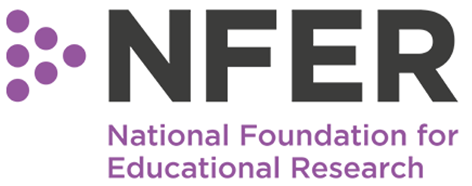The National Tutoring Programme (NTP) was designed to support schools to deal with the challenges caused by Covid closures. In its third year and as the immediate crisis subsides, attention is turning to the programme’s long-term sustainability and the future of tutoring more widely.
Published today, NFER’s nationally representative survey of school leaders sheds light on their perceptions of tutoring and the challenges that need to be overcome for it to become a sustainable solution. Between 10 and 15 March, NFER collected the views of 439 senior leaders, including those who are currently, have previously, or have never participated in the NTP. More than half (58 per cent) told NFER they do not think tutoring is a long-term solution to closing the attainment gap for disadvantaged pupils. This included 46 per cent of those planning to continue delivering the NTP next year.
This is despite positive views from those currently using the NTP. Among them, 91 per cent report that it has allowed them to offer support to more disadvantaged pupils. More than two-thirds (68 per cent) say that the NTP has allowed them to hire and/or use additional staff, and three-quarters (76 per cent) believe the NTP is improving attainment among disadvantaged pupils at their school.
So, what is needed for tutoring to be a long-term solution?

